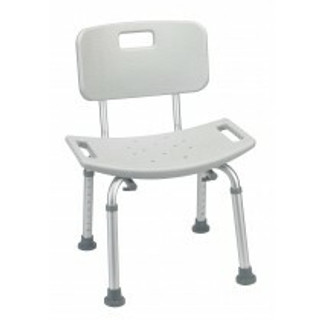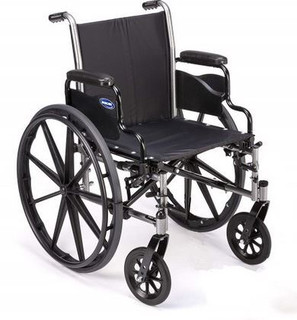Essential Plans to Make at the First Signs of Dementia
Dementia is a progressive condition that affects memory, thinking, and decision-making abilities. If a loved one is showing early signs of dementia, it’s crucial to start planning as soon as possible. Taking proactive steps can ensure their safety, legal protection, and quality of life while reducing stress for family members.
In this article, we’ll discuss the key areas to focus on when preparing for dementia care, including medical planning, legal and financial arrangements, home safety, emotional support, and long-term care.
1. Medical and Care Planning
The first step is to consult a doctor for an official diagnosis. A healthcare provider can determine the stage of dementia and recommend treatment options, including medications, therapy, and lifestyle changes that may slow its progression.
It's also essential to plan for future care needs. Depending on the severity of dementia, options may include in-home caregivers, assisted living communities, or specialized memory care facilities. Exploring these options early allows families to make informed decisions rather than rushing during a crisis.
2. Legal and Financial Preparation
Dementia can impair a person’s ability to make decisions, so it’s crucial to handle legal and financial matters as soon as possible. Important steps include:
- Power of Attorney (POA): Assign a trusted family member to make healthcare and financial decisions when the individual can no longer do so.
- Advance Directive: Document healthcare preferences to ensure the person’s wishes are followed.
- Will and Estate Planning: Update or create a will to outline asset distribution and avoid legal complications.
- Financial Planning: Review savings, insurance policies, and Medicaid or Medicare options to cover future care costs.
Taking care of these legal and financial matters early can prevent future disputes and ensure smooth management of affairs.
3. Home Safety and Daily Living Adjustments
As dementia progresses, safety concerns increase. Making adjustments at home can help prevent accidents and provide a more comfortable living environment. Consider:
- Removing tripping hazards like loose rugs or clutter.
- Installing grab bars in bathrooms and stairways.
- Using labels or color-coded signs to help with navigation.
- Securing doors and installing tracking devices if wandering is a concern.
- Setting up a structured daily routine to reduce confusion and anxiety.
These modifications can help maintain independence while ensuring safety and ease of living.
4. Emotional and Family Support
Caring for a loved one with dementia can be emotionally challenging. It’s important to have open discussions within the family about responsibilities and care planning. Support groups, both online and in-person, can provide guidance and a sense of community for caregivers.
Encouraging social interaction and mental activities, such as puzzles, music therapy, and reminiscing exercises, can also benefit individuals with dementia. Staying engaged helps slow cognitive decline and improves emotional well-being.
5. Future Care and End-of-Life Planning
Dementia is a progressive condition, meaning that care needs will increase over time. Families should explore future care options, including in-home nursing, assisted living, or hospice care.
Discussing end-of-life preferences early is also essential. Ensuring that medical decisions align with the individual’s wishes can provide peace of mind for both the patient and their caregivers.
Final Thoughts
Early planning for dementia helps ensure a smooth transition as the disease progresses. By addressing medical, legal, financial, and emotional aspects proactively, families can make well-informed decisions and provide the best possible care for their loved ones.
If you or someone you know is facing a dementia diagnosis, consider reaching out to a medical professional, elder law attorney, or dementia support organization for additional guidance. Taking these steps now can help ensure a more secure and compassionate future for everyone involved.




















